Security Risk: Critical
Exploitation Level: Very Easy/Remote
DREAD Score: 9/10
Vulnerability: Password bypass / Privilege Escalation
Patched Version: 2.0.9.2
During a routine audit of our Website Firewall (WAF), we found a critical vulnerability affecting the popular MainWP Child WordPress plugin. According to WordPress.org, it is installed on more than 90,000 WordPress websites as as remote administration tool. We contacted the MainWP team last week and they patched the vulnerability in version 2.0.9.2 last Friday.
Per the developers request, which follows guidance provided in our note to developers about how to disclose a vulnerability, we delayed our disclosure to allow users time to update.
What Are the Risks?
This vulnerability allows anyone to log in as an administrator just by knowing the target user’s handle (password bypass). It is very simple to exploit and a big deal as security tools like WPScan already automate the process of grabbing a list of usernames from WordPress sites.
Clients using our Website Firewall are already protected against this issue.
Technical Details
Due to the severity we will not provide a Proof of Concept and will be very light on the technical details. Make sure to update asap!
Unfortunately, this vulnerability is easy to exploit. It uses the WordPress init hook to trigger MainWP’s remote control mechanism.

Inside this function (executed by init), we found the authentication check wasn’t sufficient as it allows anyone to trigger the plugin’s user login mechanism, thus making it possible for an attacker to take over any administrator account.
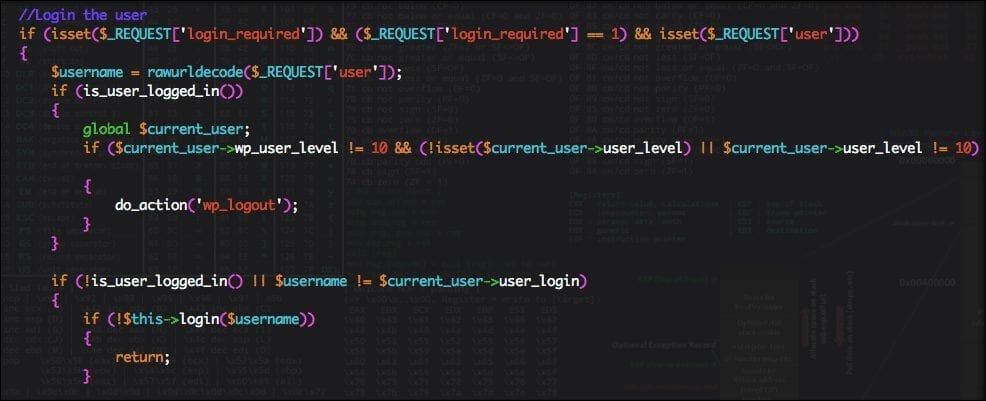
As an administrator user, the attacker is able to take full control of the website.
Update as Soon as Possible!
Again, if you’re using a vulnerable version of this plugin, update as soon as possible! In the event where you can not do this, we strongly recommend leveraging our Website Firewall to get it patched virtually.

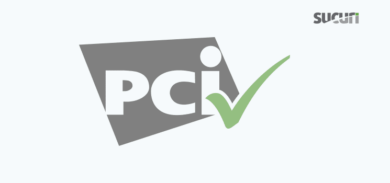




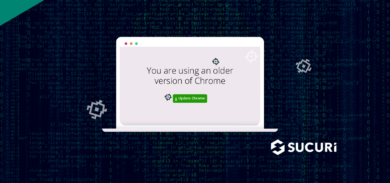


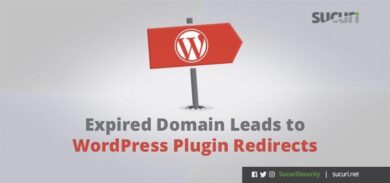
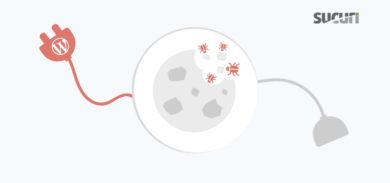
5 comments
I don’t understand something!
I’m not using this Plug-in, but I did get an email from you guys telling me to update it.
Why did I get the email if I’m not using it?
It’s much easier to send out a mass-email rather than try to target just those people who use the plugin (especially when the plugin is so widely used as this one).
I also got an email about this plugin, but it’s not installed on my site. ???
Responded to Mickey below with the probable reasoning.
whens the proof of concept getting released its in the wild I am reading
Comments are closed.